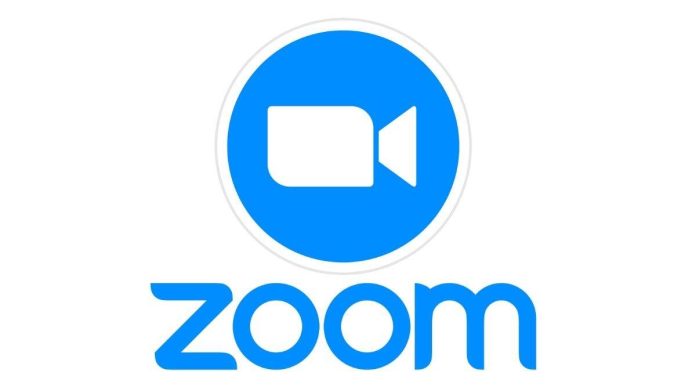Zoom, a cloud-based video conferencing service has unveiled new features aimed at enhancing its competitiveness with other communication apps. These features include AI-generated meeting summaries, whiteboard creation, video huddles, prompt-based email responses, and a meeting scheduler.
The company is seeking to expand its market beyond just facilitating virtual meetings and is opening up its email and calendar clients to all users. Zoom IQ, the company’s assistant, will also provide AI-powered meeting summaries and allow users to ask questions even when joining a meeting midway.
The bot will post a summary to Zoom’s team chat feature at the end of the meeting, and it can also summarize chat threads in the team chat. The company notes that today’s workers find it challenging to balance priorities between emails, team chats, meetings, and project management tasks, and teams are looking for better ways to collaborate effectively in real-time. This announcement comes after the company laid off 1,300 or 15% of its workforce in February.
Zoom chief product officer, Smita Hashim told computer weekly: “Zoom has long built AI solutions into our products to empower customers to be more productive,”
“We are excited to bring many more capabilities with new large language models. Our unique approach to AI will give customers the flexibility they want and help significantly improve collaboration and customer relations,”
Zoom has also launched a new tool called Zoom Scheduler, which was previously known as Zoom Spots, and is now in public beta. This tool is similar to Calendly and allows users to share their availability for booking appointments. In addition, the company has unveiled virtual coworking spaces called Zoom Huddles that enable users to join or leave at any time.
Despite these developments, Zoom’s stock has dropped by over 40% in the last year, according to TechCrunch. The company reported a quarterly loss of $108 million in the first quarter of the 2023 financial year, marking its first loss since 2018. The company is projecting slower growth of 1.1% this fiscal year, with anticipated revenue between $4.435 billion and $4.455 billion.




